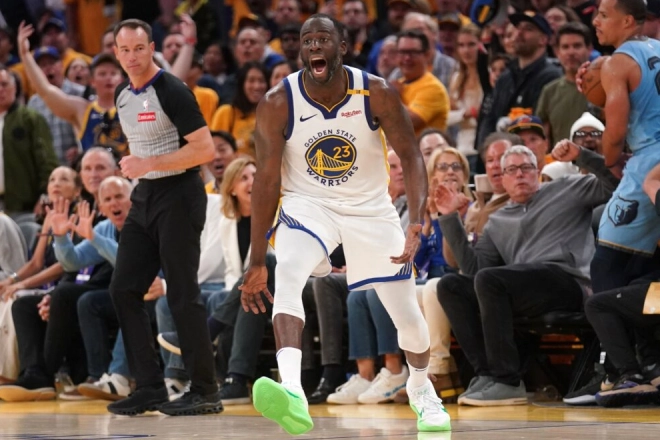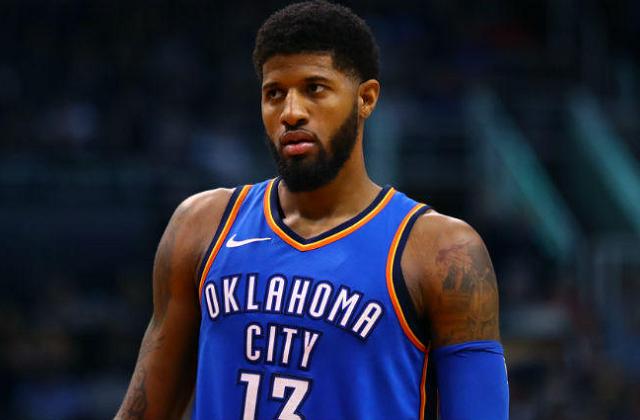The NBA season is in full swing and most fantasy managers are looking for the perfect trade. So the problem is - you’re probably only going to find someone to make a trade with if they think that trade will make their team better. In other words, you need to make an offer that appeals to their needs as well as your own needs. And that means checking out their roster as well as your own.
I’ve found that in making a reasonable offer, while it might not get immediately accepted, it can often lead to receiving a good counter offer. For example, in one of my leagues I wanted to trade Evan Fournier for a big man, because I have several excellent guards, but I’m not doing as well as I expected in rebounding and blocks.
Build the best lineups with the power of The Machine for Daily Fantasy Sports
I put several offers out for decent rebounders. I got turned down by everyone with my first offer, but got 2 counter offers back which would give me rebounding help. I chose the best one and clicked the “accept trade” button. Fournier is decent in scoring, assists, and points scored, but I’m near the top of the league in those categories, with an abundance of guards, and that made Fournier expendable. The trade that I settled on was a good one for both teams, and that’s why it went through.
What about trade offers that you receive? No matter how tempting it is to pick up a great player, stop, take a deep breath, and look at how he fits with your team. Are you getting better in areas that you need to improve on? Or are you just adding to categories that you already dominate? For example: If your team is weak in scoring, threes, and steals – then Paul Georgeis just who you need. But if you are already strong in scoring, with the likes of Steph Curryand James Harden already on your team, thenPaul Georgemight not be as helpful as someone like Clint Capelaor Rudy Gobert.
While those 2 are not as highly listed on the player ratings scale, they dominate their big man categories. In some ways Fantasy Basketball has as much in common with chess as it does basketball. In real time live basketball, players have to constantly make instant decisions. But in fantasy, managers have the luxury of stepping back and looking at the big picture. So make sure to take advantage of that when you decide to step into the “trade arena”. Be sure to check out the “player ratings” for the league you play in. Remember that you’re trading to make your team better – not just to add a superstar, or bring in your favorite player from your favorite team.
Never miss ASL’s latest fantasy sports news. Send us an email at





